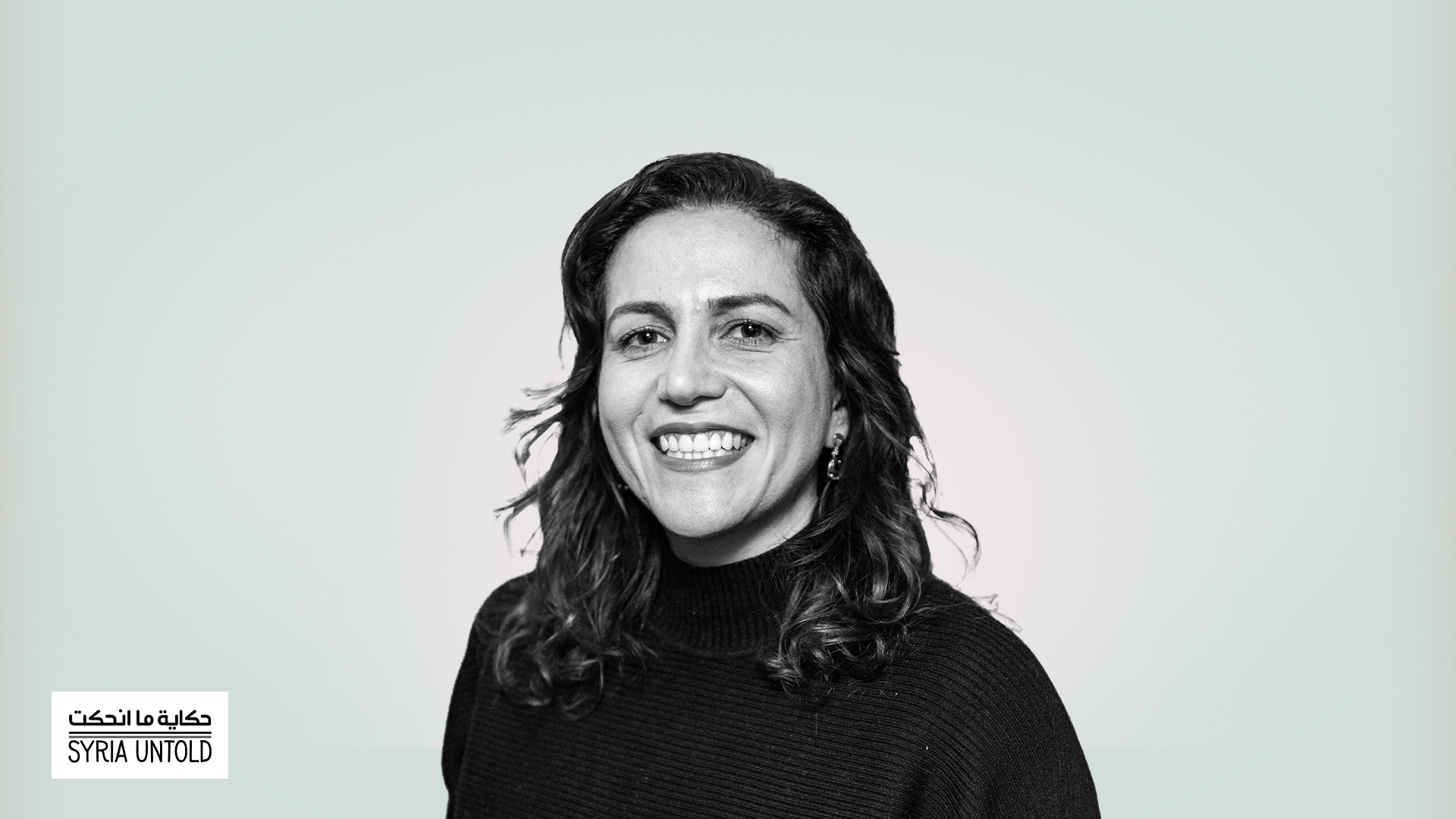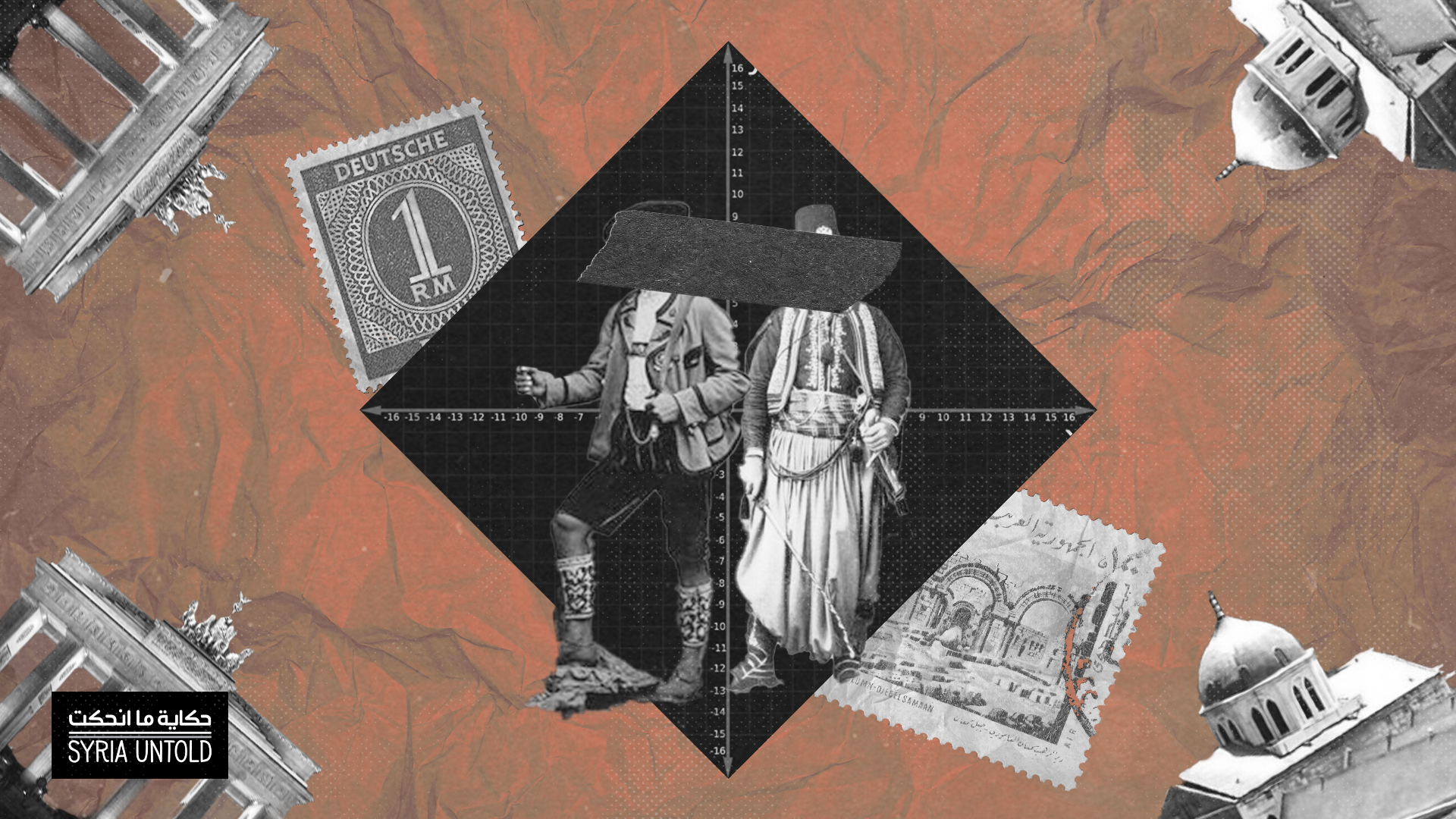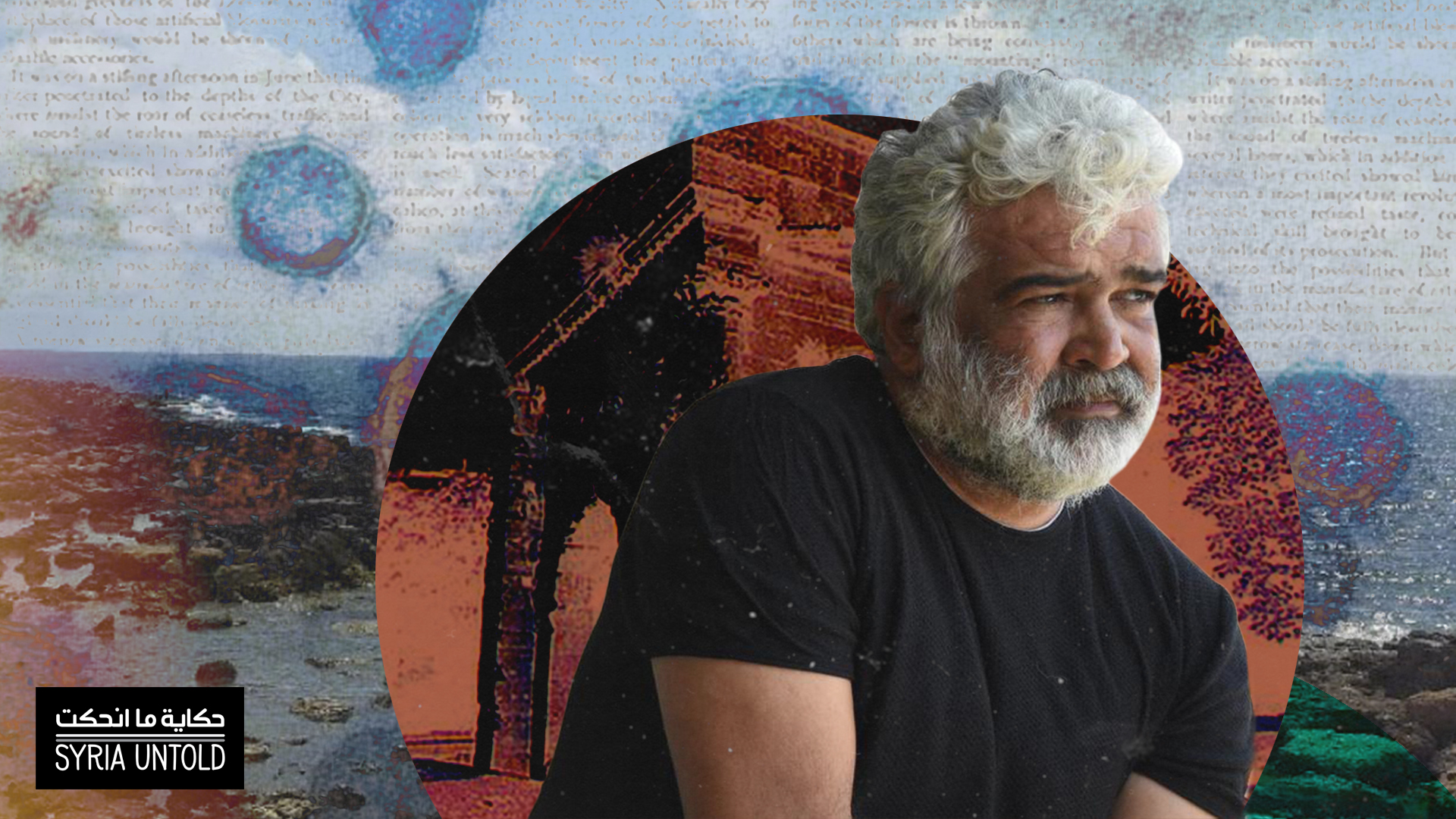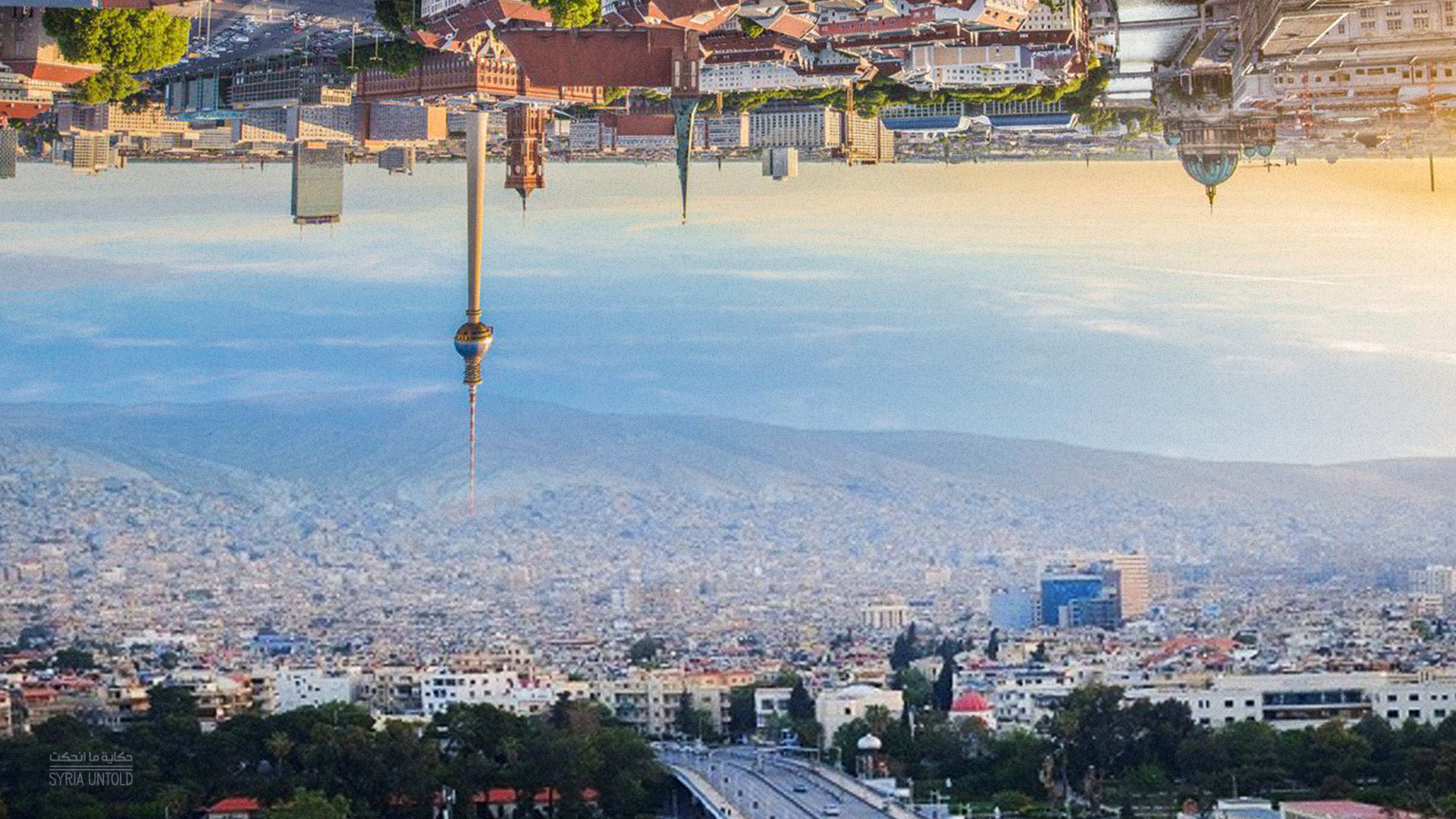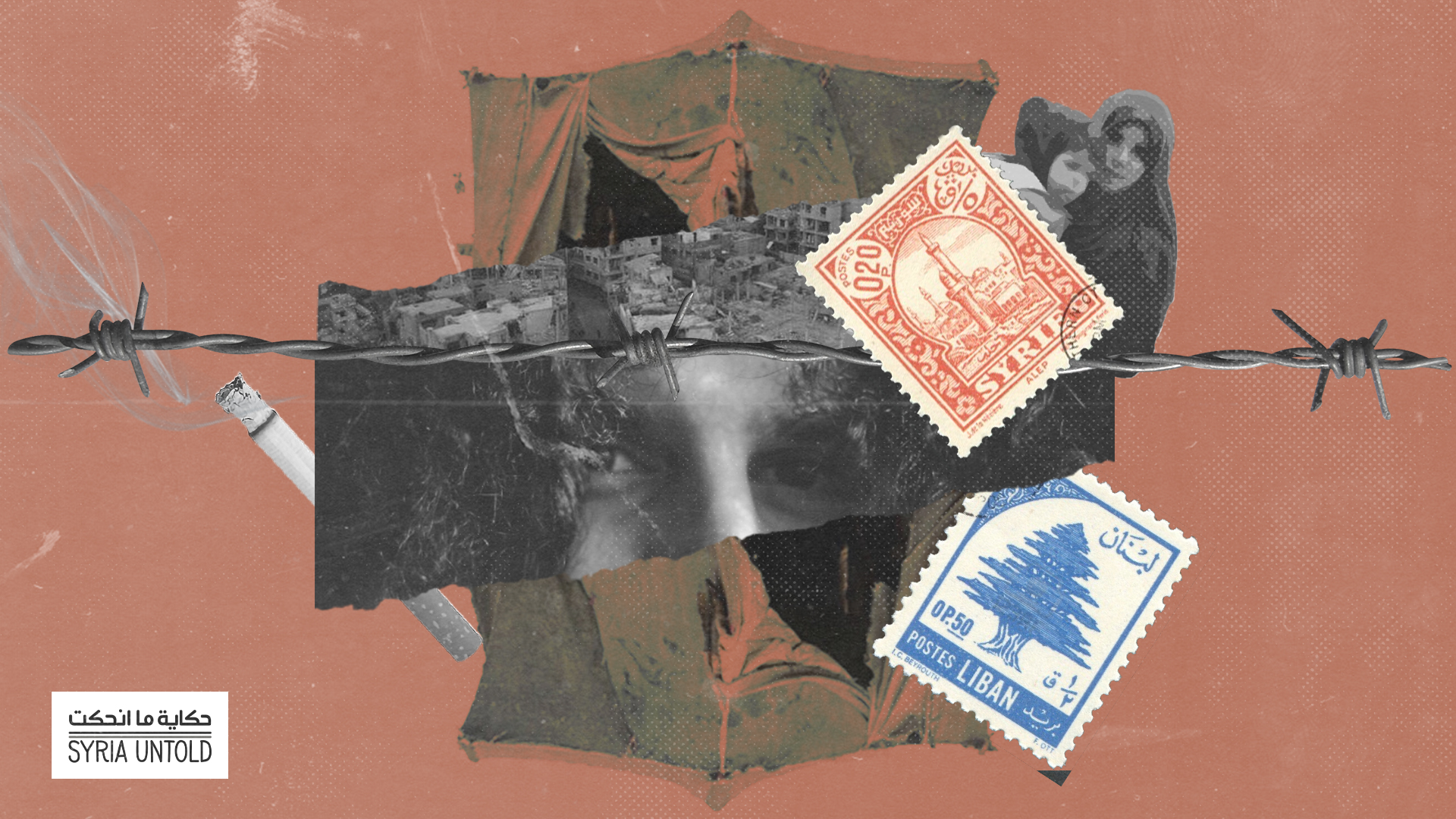‘Khalifa does a fantastic job of making every character sympathetic’ (AUC Press)
“There are so many tragedies in the book, some long, some dramatic and fleeting. But each reinforces the state of a society where true freedoms are crushed and love is so often second best to societal expectations. Khalifa also does a fantastic job of making every character sympathetic by giving you just enough understanding of their life to understand their actions, no matter how tragic.” Read more
Soudade Kaadan: 'Magic realism sneaks into all of my films'
19 July 2021
Thoughts on exile in Germany
17 July 2021
A multigenerational American story of immigration and return (Newlines Magazine)
“The story starts in the late 1890s, when my great-grandfather caught American Fever and sailed west to the New World. Kamel was his name, and few in his mountainous region of the Golan Heights in Greater Syria during the final decades of the Ottoman Empire had dreamt so big. But tales of riches and adventure were already trickling back from the Syrian pioneers who had made it to America.” Read more
They risked everything to flee war and hunger in Syria. Now, as Lebanon collapses, they plan to go back (The Independent)
“Marooned by hunger and helplessness in a rundown neighbourhood in Beqaa Valley, Sultan, 46, describes how refugee families like his are on the frontline of Lebanon’s unprecedented economic collapse. The situation has become so severe, he says it is forcing them to make unimaginable decisions like sending their children back to an active war zone.” Read more
A decade after the Syrian revolution: Accomplishments and relapses (TIMEP)
“This time every year, I look at my life and reflect on where I am physically, professionally, personally, and emotionally.
This year, however, marks the turn of a full decade since the Arab Spring—and a full decade for me as Noura. This year, therefore, is even more sensitive and problematic for me.
I do not know why I feel that this year is a milestone in my life as a woman; as an activist and a forcibly displaced citizen from my homeland.” Read more
From Babel to Berlin: How Arabic literature can unite the world (Middle East Eye)
“Inspired to acquaint readers with a richer Arabic literary experience, Sawad Hussain and Marcia Lynx Qualey, fellow aficionados and translators of Arabic literature, hosted a three-day digital literary festival titled Bila Hudood: Arabic Literature Everywhere.
From 9-11 July, the inaugural festival showcased five hour-long panels on Arabic literature in Berlin; African narratives in Arabic publishing; memoirs; food-writing; and young adult literature, as well as providing a platform for as-yet untranslated gems.” Read more
Syrians die in Western media darkness (The New York Review)
“Last April, Akram Bathiesh, a middle-aged Syrian refugee, died of a heart attack in Denmark, shortly after being told by the authorities that his asylum status had been revoked and he had a month to leave. The Danish government has been reexamining the status of five hundred refugees from Syria, and Bathiesh was among the 189 whose asylum had been revoked since last summer, 94 of them this past March alone. Others included a Syrian-Palestinian grandmother named Rihab Kassem, originally from the Yarmouk refugee camp in Damascus, whose son Waled has been a Danish resident for twenty-five years; and Aya Abu Daher, a high school student, now nineteen, who captured headlines after making a televised appeal to the government. ‘All my life is here,’ she said in fluent Danish. ‘How can I go back to Syria now?’” Read more
In Syria’s war without end, refugee tent camps harden into concrete cities (The Washington Post)
“After years of dithering and deadlock by the international community over the fate of Idlib, one of Syria’s last rebel-held areas, the province is being transformed. Housing blocks and markets are rising in what were once vast olive groves along the Turkish border as Idlib’s center of gravity shifts from south to north. There, schools are filling with students and electricity is regular in places. There are endless traffic jams.” Read more


